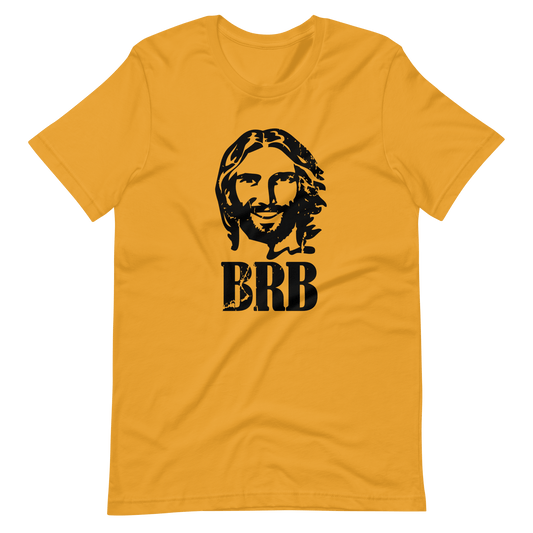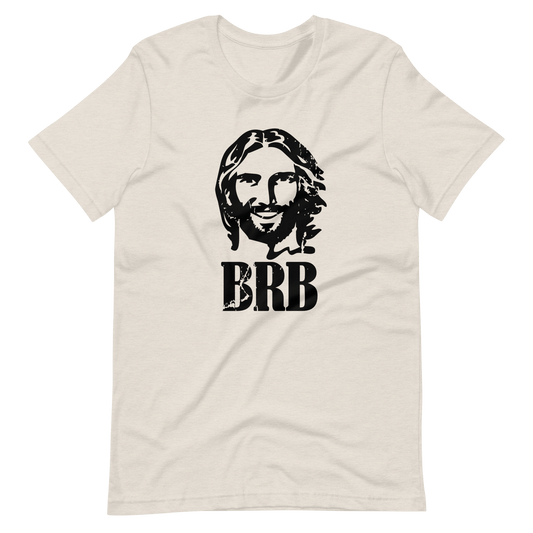Soaking worship is a form of worship that involves spending extended periods in a relaxed, contemplative state, often accompanied by soft worship music, with the intent of experiencing God's presence. While many find soaking worship to be a deeply spiritual and refreshing practice, some potential dangers and concerns warrant careful consideration.
This article explores the possible pitfalls of soaking worship, examining the spiritual, psychological, and theological implications.
What is Soaking Worship?

Soaking worship is a practice that involves resting in God’s presence, often through lying down or sitting quietly while listening to worship music. The goal is to connect with God on a deep, personal level, allowing for spiritual renewal and intimacy. This practice is rooted in the belief that extended periods of quiet reflection and worship can lead to profound spiritual experiences and a closer relationship with God.
Supporters of soaking worship claim that it helps them hear God more clearly, feel His love more deeply, and gain spiritual insights. It is often associated with charismatic and Pentecostal movements, which emphasize experiential aspects of faith.
Can Soaking Worship Lead to Passivity?
One of the primary concerns with soaking worship is the potential for it to lead to spiritual passivity. Because soaking worship focuses on rest and contemplation, there is a risk that individuals might become overly reliant on passive experiences rather than actively engaging in their faith through prayer, Bible study, and community service.
The Bible emphasizes the importance of active faith. James 2:26 states, "As the body without the spirit is dead, so faith without deeds is dead." This suggests that while contemplative practices can be beneficial, they should not replace active engagement in living out one’s faith.
Moreover, Ephesians 6:10-18 encourages believers to "put on the full armor of God" and be vigilant in their spiritual lives. This passage highlights the need for active participation in spiritual warfare, which can be neglected if one becomes too focused on passive spiritual experiences.
Is There a Risk of Emotionalism in Soaking Worship?

Another concern is that soaking worship can sometimes lead to emotionalism, where individuals may seek emotional experiences over genuine spiritual growth. Emotionalism can result in a dependence on the feelings generated during soaking sessions rather than on a steady, disciplined relationship with God.
Emotions are a natural part of worship, but the Bible warns against being led solely by emotions. Jeremiah 17:9 cautions, "The heart is deceitful above all things and beyond cure. Who can understand it?" This indicates the need for discernment and balance in spiritual practices, ensuring that emotional experiences do not overshadow biblical truth and sound doctrine.
Furthermore, 2 Timothy 4:3-4 warns about people accumulating teachers to suit their own desires, turning away from truth to myths. This can happen if individuals prioritize emotional highs over scriptural teachings and sound theology.
Can Soaking Worship Replace Traditional Worship and Discipleship?
There is also the danger that soaking worship might replace traditional forms of worship and discipleship, such as corporate worship, preaching, and Bible study. These traditional practices are foundational to Christian growth and community.
Hebrews 10:24-25 emphasizes the importance of gathering together for mutual encouragement and support: "And let us consider how we may spur one another on toward love and good deeds, not giving up meeting together, as some are in the habit of doing, but encouraging one another—and all the more as you see the Day approaching."
Soaking worship, while valuable, should not substitute for the collective aspects of worship and the communal study of God’s Word. Both personal and corporate worship are essential for a balanced spiritual life.
How Can Misinterpretation of Experiences Affect Beliefs?

Soaking worship can lead to subjective interpretations of spiritual experiences, which may sometimes conflict with biblical teachings. Without careful discernment, individuals might attribute personal feelings and thoughts to divine revelation, leading to potential theological errors.
1 John 4:1 advises believers to "test the spirits to see whether they are from God," underscoring the importance of discernment. This requires a strong grounding in Scripture to evaluate whether experiences align with biblical truth.
Moreover, relying heavily on subjective experiences can create a personalized spirituality that deviates from orthodox Christian beliefs. It’s important to anchor spiritual experiences in the objective truth of God’s Word to maintain sound doctrine.
Can Overemphasis on Personal Experience Lead to Individualism?
Another potential danger of soaking worship is fostering a sense of individualism, where personal spiritual experiences become more valued than communal faith practices. Christianity emphasizes community and mutual edification, as seen in 1 Corinthians 12, which describes the church as one body with many parts.
Overemphasis on personal experiences can lead to isolation and a lack of accountability. It’s essential to balance personal spiritual practices with participation in a faith community to ensure holistic spiritual growth and accountability.
How Can Soaking Worship Be Practiced Safely?
To practice soaking worship safely and effectively, consider the following guidelines:
-
Balance with Active Faith: Ensure that soaking worship complements rather than replaces active engagement in prayer, Bible study, and service.
-
Discernment and Scripture: Ground your experiences in Scripture and seek discernment through prayer and guidance from mature Christians.
-
Community Participation: Stay connected with your faith community, participating in corporate worship, Bible study, and fellowship.
-
Emotional Balance: Be mindful of the difference between emotional experiences and genuine spiritual growth, seeking a balanced approach to worship.
-
Testimonies and Accountability: Share your experiences with trusted spiritual mentors for feedback and accountability, helping to avoid theological errors.
Conclusion
While soaking worship can be a valuable spiritual practice, it carries potential dangers such as passivity, emotionalism, and individualism. By balancing soaking worship with active faith, grounding experiences in Scripture, and maintaining community connections, believers can benefit from this practice while avoiding its pitfalls. Discernment and a commitment to biblical truth are essential to ensure that soaking worship contributes positively to one's spiritual growth.
FAQs
Is soaking worship biblical?
Soaking worship, as a form of contemplative prayer and rest in God’s presence, can align with biblical principles of seeking God and resting in Him. However, it should be practiced with discernment and balance.
Can soaking worship replace traditional worship?
No, soaking worship should complement rather than replace traditional forms of worship, such as corporate worship, preaching, and Bible study, which are essential for a balanced spiritual life.
How can I avoid emotionalism in soaking worship?
Focus on grounding your experiences in Scripture and seeking discernment through prayer and guidance from mature Christians to avoid being led solely by emotions.
What are the benefits of soaking worship?
Benefits include deepening one’s connection with God, experiencing spiritual renewal, and gaining insights through contemplative prayer.
How can I practice soaking worship safely?
Balance soaking worship with active faith practices, ground your experiences in Scripture, participate in community worship, and seek accountability from trusted spiritual mentors.
Comments
If you enjoyed reading this blog post, please share it with your friends and family. If you have something to add, please leave a comment below!
You May Also Love
10 Bible Verses About Angels Helping and Ministering to Humans
What Does it Mean When the Holy Spirit Convicts You?
What Does The Bible Say About Authenticity in Christianity?
Coffee and Christ Finding Spiritual Connections in the Ritual of Coffee
What Does A Hummingbird Symbolize In The Bible?










2 comments